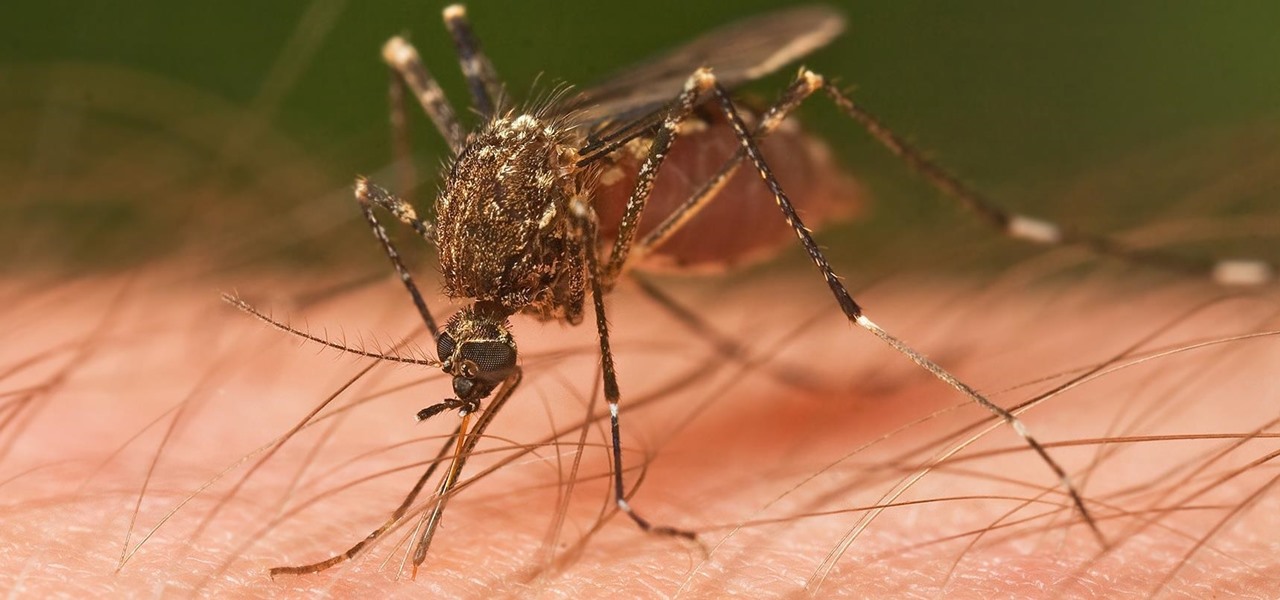An infectious diseases consultant with the Lagos University Teaching Hospital (LUTH), Dr. Ephraim Akase, has assured Lagosians that there was no need to panic over the recent outbreak of yellow fever in some parts of the country.
Speaking exclusively to The Next Edition, he said though no case of the fever has been confirmed in the state, he was confident that should the need arise, the state and LUTH in particular were more than ready for the eventuality.
“To the best of my knowledge, we do not have any case of fever in LUTH yet. Though as with outbreaks, the management has activated the treatment protocols and by this I mean the way you handle and approach suspected cases. Elsewhere in Lagos, although there are suspected cases, I am not aware of any that has been confirmed,” he said.
On the state of the hospital’s preparedness to deal with the fever should it materialise in Lagos, Dr. Akase said; “I know Lagos has a very good public literacy but in terms of the preparedness in general, of course I won’t be able to give a precise answer for the state, but in LUTH, we are ready. We have everything on ground to deal with it.”
The infectious Diseases Consultant noted that in as much as there should be concern over the fact that the country is still having yellow fever outbreaks, there was no reason to panic as person to person transmission of the disease was very low, almost none existent unlike some of the others which were highly contagious.
He also disclosed that by the natural history of the disease, an infected person can get ‘cured’ without treatment. His words; “the natural history of yellow fever is that after a number of days – the incubation period – when people will present with what the lay man would call malaria symptoms, fever, headache and joint pains, with or without treatment it will resolve. It is only a few percentage that may last a day or two after develop the serious symptoms.
Read also: Herdsmen’s killings: Govt indeed looking the other way –Soyinka
“Often times, you hear people saying they have malaria and typhoid. It is not always so. If a proper test is done, you may find out that it was neither of the diseases but some of the infectious diseases endemic in our country, yellow fever included. It is not everyone infected by the virus that will progress to the very serious stage.”
Dr. Akase disclosed that through an anti body test it was possible to know who had been infected by the disease in the past stressing that it was possible to have suffered the disease without knowing it.
As a way of containing the disease, and possibly eradicating it, he advised that people should on their own get the yellow fever vaccine which is best taken between nine months and one year, though it can be taken at any time.
He also advised that people should keep their environment clean and avoid keeping stagnant water around the house as these provide breeding grounds for the species of mosquitoes, Aedes, which act as vectors for the disease.
Dr. Akase explained further, “the mosquitoes that transmit yellow fever are different from the ones that transmit malaria. The one that transmits yellow fever is the one that bites in the day time so you cannot avoid the bite by sleeping inside a mosquito net. Usually these mosquitoes breed on water in buckets, old abandoned tires and gutters. People should therefore ensure they keep their surroundings clean.”
“Another thing is that they like cool places like under the shades where humans also like to relax. So, if you must sit out, it is advisable to cover up.”
Since the first case of the disease was reported in Kwara State, in September 2017, it has spread to a number of states according to Centre for Disease Control











